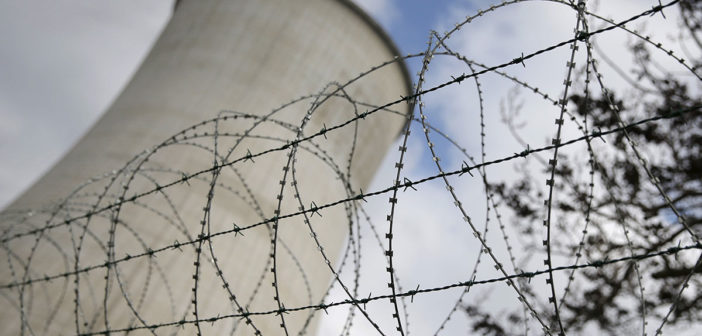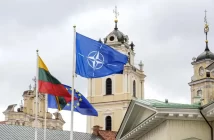Raporun tamamına ulaşmak için tıklayın
History has shown that many Middle Eastern states have, at one point or another, attempted to acquire missile and other technologies associated with weapons of mass destruction (WMD). Added to these threats are the ones posed by non-state actors like al Qaeda and the Kurdistan Workers Party (PKK). Having faced the threat of terrorism for much of its history, Turkey is no stranger to the dangers posed by non-state actors and has worked diligently with its international partners to combat terrorism, as well as prevent the spread of WMD technologies to nonstate actors and rogue regimes. In recent years, these efforts have coincided with Turkey’s renewed efforts to acquire nuclear energy as a means to reduce its dependence on foreign energy suppliers and contribute to the global movement to decrease carbon emissions. Since then, officials in Ankara have worked hard to strike a balance between stringent nonproliferation policy with the indigenous right of all non-nuclear states to access peaceful nuclear technology. Turkey’s non alignment with its traditional partners in the West on a number of issues related to nuclear and non proliferation policy should not however be taken as an indication that the Turkish policy elites harbor designs of developing a nuclear weapons program. The level of democratic maturity reached in Turkey and the long standing anchoring of Ankara within the Western precludes such an outcome.




